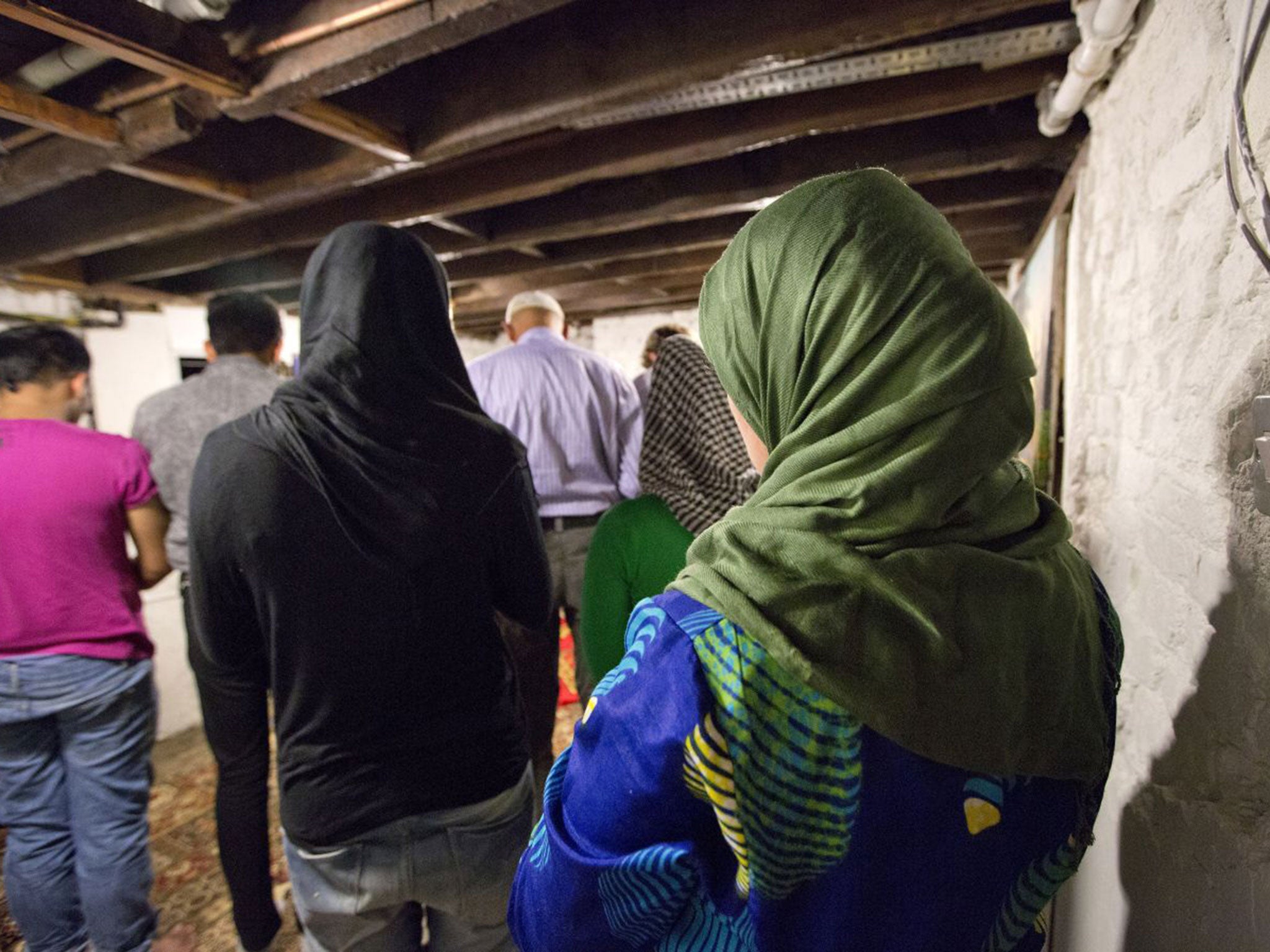Women more vulnerable to Islamophobia: Traditional dress makes wearer 'visibly Muslim' and a soft target for abuse, say researchers
There has been a surge of anti-Islamic attacks following the murder of Drummer Lee Rigby

Muslim women are more likely to fall victim to Islamophobic hate crimes than men, with many of the attacks "opportunistic" and provoked by hostility to traditional dress, a new study has found.
Researchers said that traditional dress such as the niqab or abaya made some female victims "more visibly Muslim", while a perception that women make "soft targets" is also believed to be a factor.
Whereas hate crimes are typically cases of men attacking other men, researchers found that 54 per cent of the victims of Islamophobia were female. Four in every five attackers that could be identified were male, with the majority of them aged between 10 and 30, the Teesside University study found.
The attacks are being blamed for a pernicious "fear factor" among Muslim women, who find themselves reluctant to venture out, further fuelling a sense of isolation, experts said. It is also claimed that while women are prepared to report their experience to researchers, they are less likely to tell police.
The analysis of anti-Muslim incidents recorded by Faith Matters' Tell Mama reporting project comes in the wake of a surge of anti-Islamic attacks following the murder of Drummer Lee Rigby.
Earlier this month, Essex University student Nahid Almanea was stabbed to death while wearing a hijab and a full-length robe. Police have said they are investigating whether she may have been targeted because of her Muslim dress.
The study's author, Dr Matthew Feldman, said that in contrast to other hate crimes, which have had a reduction in numbers in recent years, those targeted against Muslims were significantly increasing. Researchers found that only one in six cases of harassment, threat or violence was reported to the police. "Hate crime tends to be a male-on-male phenomenon. But here we are seeing exactly the opposite: white men under 30 attacking women wearing traditional Muslim dress," Dr Feldman said.
One hundred victims were also interviewed by researchers from the University of Birmingham. Street attacks ranged from name-calling to the grabbing of clothing and spitting. Many of the incidents are believed to be opportunistic, although 40 per cent of attacks were linked to far-right groups.
Attacks on Muslims increased almost fourfold in the wake of the murder in Woolwich, south-east London, of Drummer Rigby. They included 23 assaults and 13 attacks said to involve extreme violence. There were around 600 incidents online.
Fiyaz Mughal, director of Tell Mama, said cybercrime could be just as intimidating. He said one woman had had her identity and work address posted online, with men urged to go there and have sex with her.
However, he said only 24 of the 43 force areas in England and Wales flagged up crime as religiously aggravated, meaning it was widely under-reported. Even those attacks that do make it through the courts can be categorised as racially aggravated because the bar is felt to be lower to achieve a conviction.
"We know we are only getting a snapshot of what's happening, but fear and apprehension are clearly evident among Muslim women," he said.
Bookmark popover
Removed from bookmarks